What if sounds and images were food, the raw material of a meal? Could one then think of ideas as the spices one adds to the food material? And the structure of the audio-visual as the cooking medium that brings everything together? It needn’t be totally arbitrary—or always “added on top,” or “injected into.” It could be that certain raw foods invite the use of certain spices and discourage the use of others.
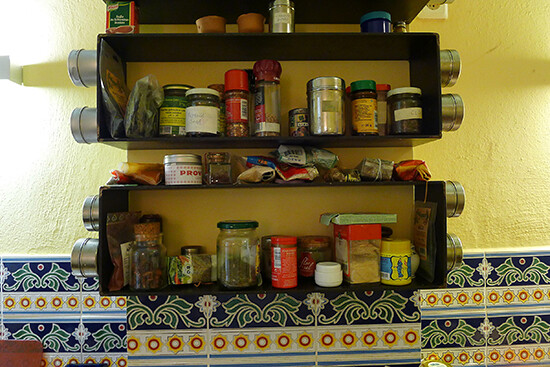

Or one could flip it around. It could be, couldn’t it, that by the end, as you bring it to your mouth, as you bring the finished thing to all your senses, you’re unable to tell which was the idea and which the image and sound. Could you maybe trace the genealogy of earlier dishes or meals that went into what you’re eating? Could you then taste a certain kind of knowledge, the caramelized sugar or the pepper-burn of a certain kind of understanding?
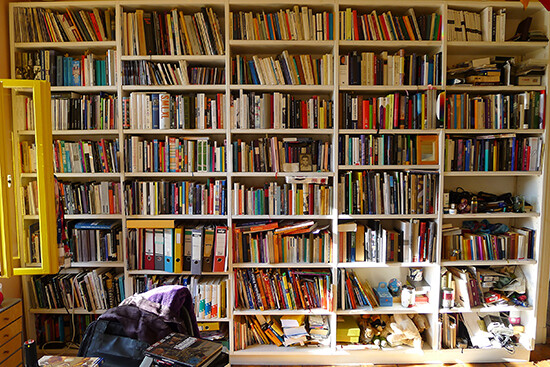

At first you don’t notice it. The taste of the chilies only comes through afterwards, after the mouthful has gone down, or even after you’ve eaten a lot of the food.
But most suppliers are not like that, most of them want to deliver meaning right up front, like pizza delivery at home. Otherwise, why is the customer wasting his time?
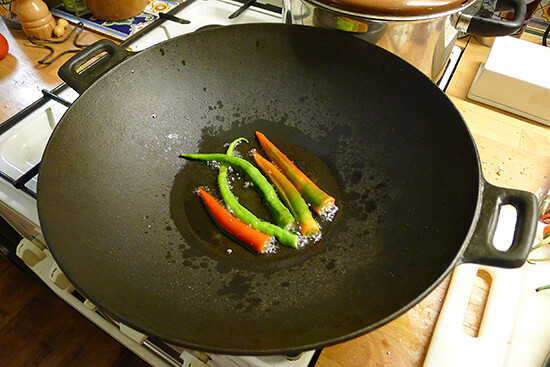

Then again, some cooks, the best ones, are different. The taste of the meaning comes through almost as an afterthought. It’s something the rest of us can only aim for.


You can be of the Left and not love Mao. You can think maybe Mao wasn’t the best chef after all. That for every ten million customers he fed, maybe one million died wanting food. The chef is dead, long live the chef. The taste of failed revolutions—that comes through later as well.
A lifelong divorce from the Movement—I can’t love you, I can’t leave you.


When you finally see it, you’re unable to tell what came first, which was the idea and which the image and sound.
They say you never hear the shell that kills you. Is it possible to say: you never taste the spice that’s cooking you? Is it possible to think of bloody wars and crashed revolutions as the spices that cook our lives? Is it possible to regard a film as a reverse-engineered recipe book?
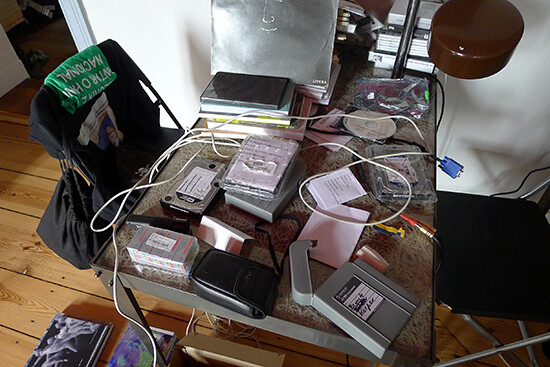

We spend our lives trapped in wires, whole days plugging in and unplugging stuff. We are the first batches of humans to do this. Over the last hundred and fifty years, our story has been the change in our wiring, the mutation of our wires.
Wires, plugs, male, female, multi, earthed, cut open, ends frayed, short-circuited, burnt, bombed. Puns can’t help themselves: it’s the splicing that carries the spicing.
Each human, too, you could argue, is a like a wire, one connecting to other wires, each carrying our load, our traffic of memory-messages, our individual set of splices.
“This wine has an aftertaste like the dust on a rusted can of 1970s ORWO positive stock.”
The weight of a work you can measure in cans. The sound-image becomes weightless, or, the weight changes, becomes a block.
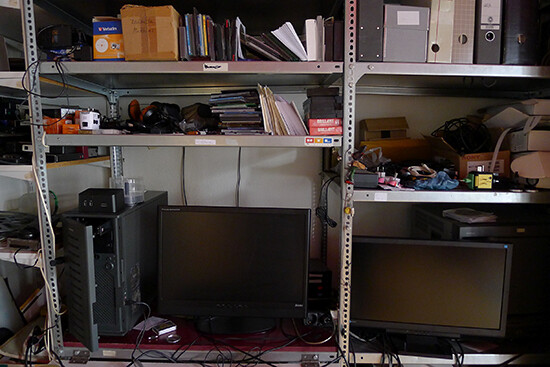

That thing you told me, the whole idea of football being a memory of the skilled use of the feet on weaving looms. One could add the memory of feet in stirrups, riding the plough, dancing on grapes, or just dancing.
When rolling the camera, your eye no longer looks to save raw stock. When editing, your feet itch to kick something. Some invisible server takes the weight of everything. All you’re left with is what you can see and hear.
The memory of film cutting our fingers. Feeling the tape joints, the foot pedal of the flatbed editing machine. The old editor’s feet tapping in a tic. Everything now wired between eye and elbow, between shoulder-twitch and mouse button. A click is a cut. A click is a released missile. A click is a cut, a tick on the to-do hit list. Some invisible server takes the weight of everything.
Was there an architect who said windows first came from a mistake in the wall-making? Was there a biologist who suggested that every tree is a mistake? A tree through a window, a mistake framed by another mistake. To make films is to make mistakes. Fail, fail better. Make mistakes, but new ones, deeper ones. To misquote Pasolini, “Death is in no longer being able to make mistakes.”
What do these two Germans think—of the sudden absence of people in my overcrowded city, or of the rare city trees in one of the most fertile deltas of the world? I don’t know.
A city—like a film—is made up also of things you can’t see and cannot hear.


Think of a woman, or a man, as a city. Or, as the Baul singers say, think of a human body as a paagol karkhana, a lunatic factory, that houses, or entraps, the soul. A building—with rooms and machinery, with openings—through which thieves can enter and escape, a building with guards—who keep the conscience. As the singers would say, the product of the factory is the love and knowledge you send out across your life.
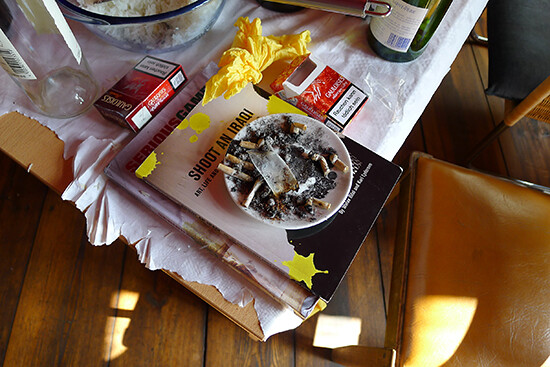

Maybe end with: the worker, has finally left the factory.
I guess the worker has the right, to finally leave the factory.
Let him leave, the taste of his work will stay.
